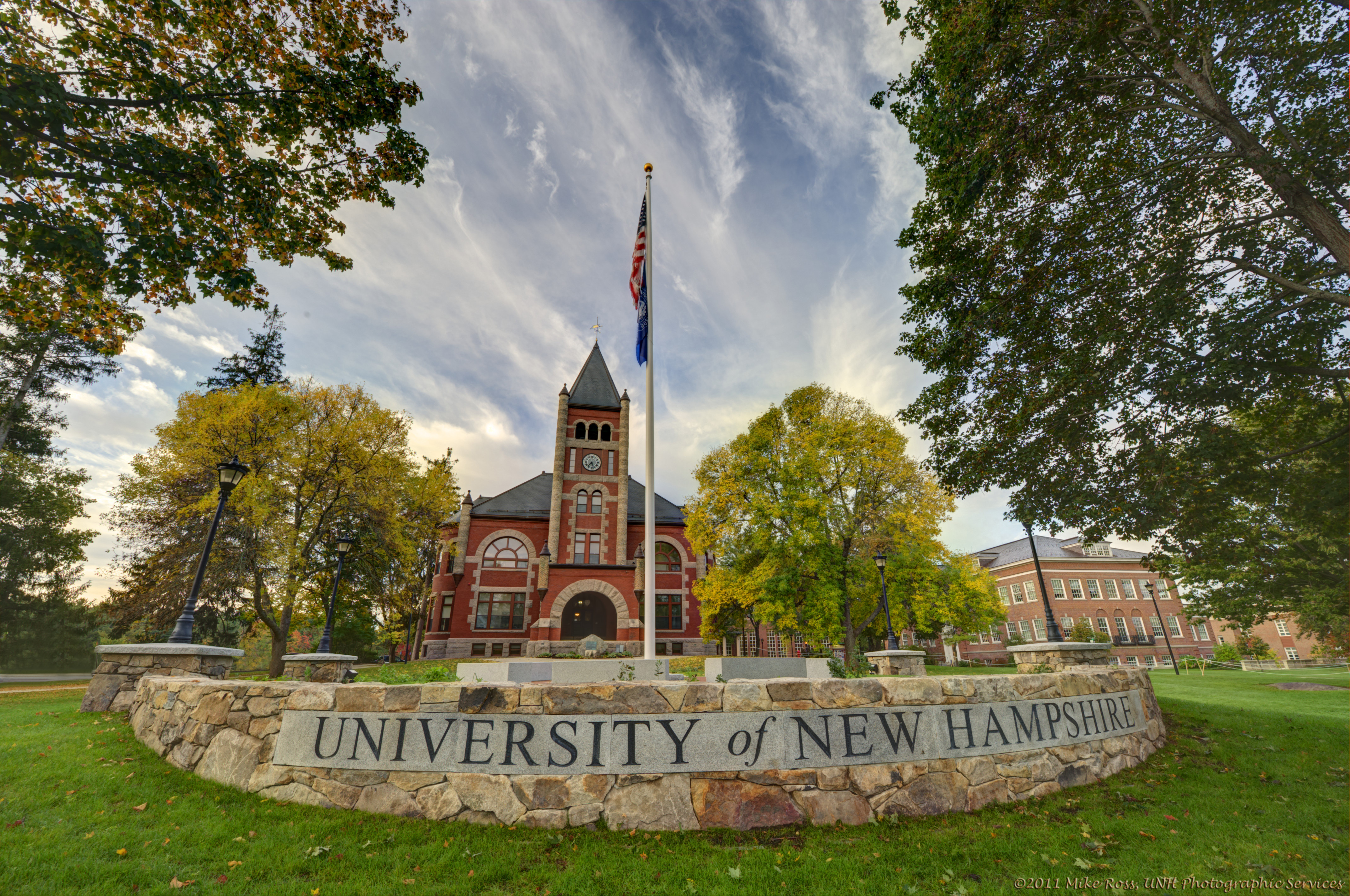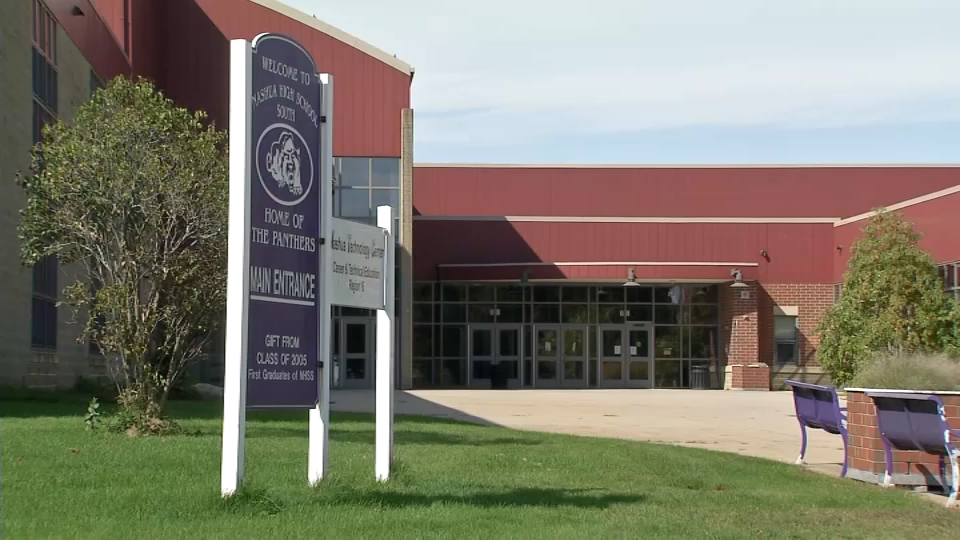New Hampshire Gov. Chris Sununu completely disagrees with President Donald Trump's advice that Americans not be afraid of the new coronavirus, the governor said Thursday, warning that the virus is only getting more dangerous heading into autumn.
The president is recovering from a coronavirus infection that required him to be hospitalized over the weekend, but he tweeted from the hospital on Monday, "Don’t be afraid of COVID. Don’t let it dominate your life," sparking outrage among health officials who've spent the entire pandemic urging people to be extremely cautious over the virus that's killed over 210,000 people in the U.S.
Asked about Trump's comment at his regular weekly coronavirus briefing Thursday, Sununu said, "I'm afraid of COVID, I think everyone should be very concerned about COVID."
Sununu went on to say that the virus hasn't gotten any less strong and, as the weather gets colder and people's immune systems weaken, cases are expected to pick up.
"I just can't emphasize it enough, we are very much still in this, and will be for quite some time. Through Christmas," Sununu said, adding that the pandemic could last through well after Christmas as well.
Both Sununu and Trump are Republicans, and Sununu generally greets Trump when he arrives in New Hampshire for events. And Sununu wasn't the only Republican to cast doubt Thursday about how the virus has been handled at the White House.
"I haven’t actually been to the White House since August the 6th," Senate Majority Leader Mitch McConnell said at an event, "because my impression was their approach to how to handle this is different from mine and what I insisted that we do in the Senate, which is to wear a mask and practice social distancing."
As of Thursday, the state reported 8,879 total coronavirus infections, 531 of which were active, and 449 deaths.
Before Sununu spoke, state Epidemiologist Ben Chan said there has been an increase in the number of people diagnosed with COVID-19 in New Hampshire in recent weeks — partly due to more testing statewide — but the test positivity rate remains very low.
There's more testing being done at colleges and universities, and there is now antigen testing for the coronavirus, in addition to the traditional, or PCR tests, Chan said at the news conference.
“However, we believe that there's also evidence of increasing community transmission, especially in the southern communities" of the state, Chan said. “As we identify people with COVID-19, we continue to conduct public health contact investigations on each and every person to identify close contacts, who are then tested to identify additional infection." He said public health officials are seeing an increasing number of people who are close contacts.
But there was also good news at the news conference. Despite the closings of restaurants and hotels because of the coronavirus pandemic, the numbers appear to be happening at a slower pace compared with the past two years, Sununu said.
He said that looking at businesses that collect the meals and rentals tax, 357 closed this year so far. In 2019, 479 similar businesses closed, and 517 closed in 2017. Sununu said the federal coronavirus relief funds may have helped the businesses stay open.
The news conference came amid a COVID-19 outbreak in Merrimack resulting in six students testing positive and more than 150 in quarantine.
Nevertheless, Sununu said that the state hadn't seen any major outbreaks so far, crediting local authorities for opening up well. Just under half the state's K-12 schools are fully in-person, with another 37% doing hybrid learning and just 14% fully remote.
"There are cases of COVID, but as of today, there are no outbreaks," Sununu said.
This week, the state opened applications for New Hampshire theaters, concert halls and other live performance venues to apply for as much as $1.5 million each from the state's federal virus relief aid.
On Thursday, Sununu announced a new outlay: a $10 million injection into the state's coronavirus day care fund.
The Associated Press contributed to this report.



